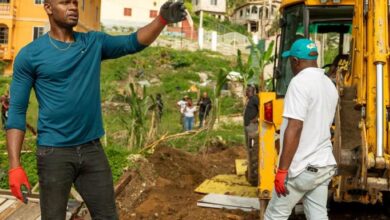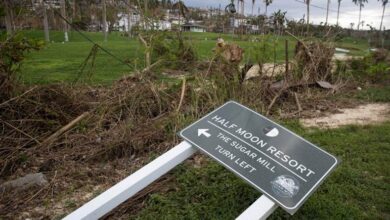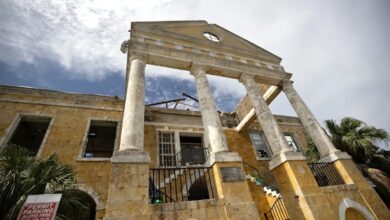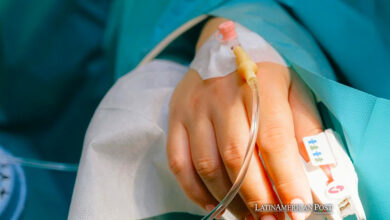Spanish Field Hospital Brings Jamaica's Falmouth Health Care Back to Life
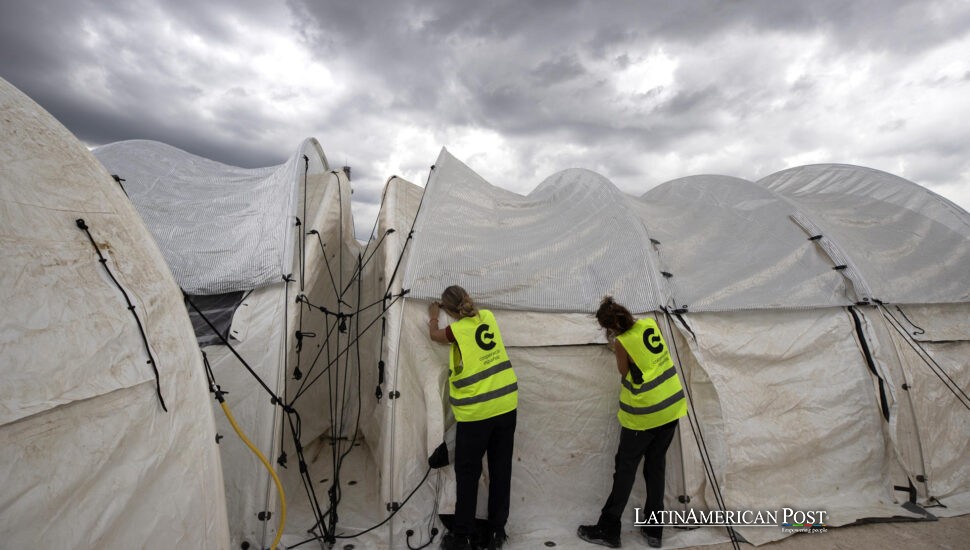
In Falmouth, Jamaica, where Hurricane Melissa shredded the regional hospital, a Spanish-backed field unit now restores basic care. The START team’s surgeons, pediatricians, and firefighters work with local staff to stabilize patients and buy time for a smarter, safer rebuild.
A City of 9,000 Gets Its Operating Room Back
On a hill above Falmouth’s harbor, white tents glow against the ruins of a hospital stripped to its frame. Two weeks ago, Hurricane Melissa’s 200-mile-an-hour winds tore through Jamaica’s north coast, peeling roofs, flooding wards, and leaving a city of 9,000 without an operating room. Now, the hum of generators and the smell of disinfectant signal something rare in a disaster zone, momentum.
The Spanish Cooperation’s emergency unit, known as START (Spanish Technical Aid Response Team), has set up a fully equipped field hospital beside the damaged facility. The tents house an operating theater, recovery wards, a pharmacy, and a triage zone that quietly funnels patients. The goal, said Paco Sigüenza, deputy director of humanitarian emergencies at AECID, is to “shoulder the clinical load so local crews can focus on repairs.”
“We’re here to support Falmouth’s hospital, which is damaged in various structures,” Sigüenza told EFE. “If we host those patients and can do those surgeries here, it will give the local hospital time to rehabilitate.“
Before the tents arrived, ambulances carried trauma patients along battered highways to neighboring parishes, a trip that cost hours and, in some cases, lives. Now, emergency physician Nordia Williams, who trained in Cuba and has spent sleepless weeks treating patients under tarps, can finally work with rhythm again. “This hospital is going to help us a lot because we have the help of doctors from Spain who will work together with us,” she told EFE. Across the street, a bus stop now serves as a waiting room, and the line moves toward care that no longer requires a cross-island journey.
Inside the START Hospital: Surgery, Wards, and a Lifeline
What Spain sent to Falmouth is not a symbolic gesture; it’s a hospital with muscle. In humanitarian terms, the START unit can perform seven major surgeries or 15 minor ones a day and accommodate 20 inpatients for observation. Inside, the wards hum with activity. Surgeons lean over operating tables; nurses prepare drips; translators move between Jamaican Creole, Spanish, and English, making sure every diagnosis lands in the correct language.
“The Ministry of Health of Jamaica requested help through the World Health Organization, and the Government of Spain responded,” Sigüenza told EFE. The deployment includes more than 70 volunteers, including 48 medical professionals, as well as firefighters, engineers, and logistics experts.
Firefighters from Madrid’s emergency services handle generators, lighting towers, and water systems. Cooks from the NGO SAL keep the team running on rice and lentils. “We have two 15-day rotations already planned,” Sigüenza said, noting that the mission will adapt to local needs.
The collaboration is seamless. Spanish anesthesiologists consult with Jamaican nurses over charts; a local midwife points out which hillside homes ambulances can’t reach; psychologists counsel survivors of both the storm and the fear it left behind. “The coordination is natural,” Williams said. “Everyone understands what needs to be done.”
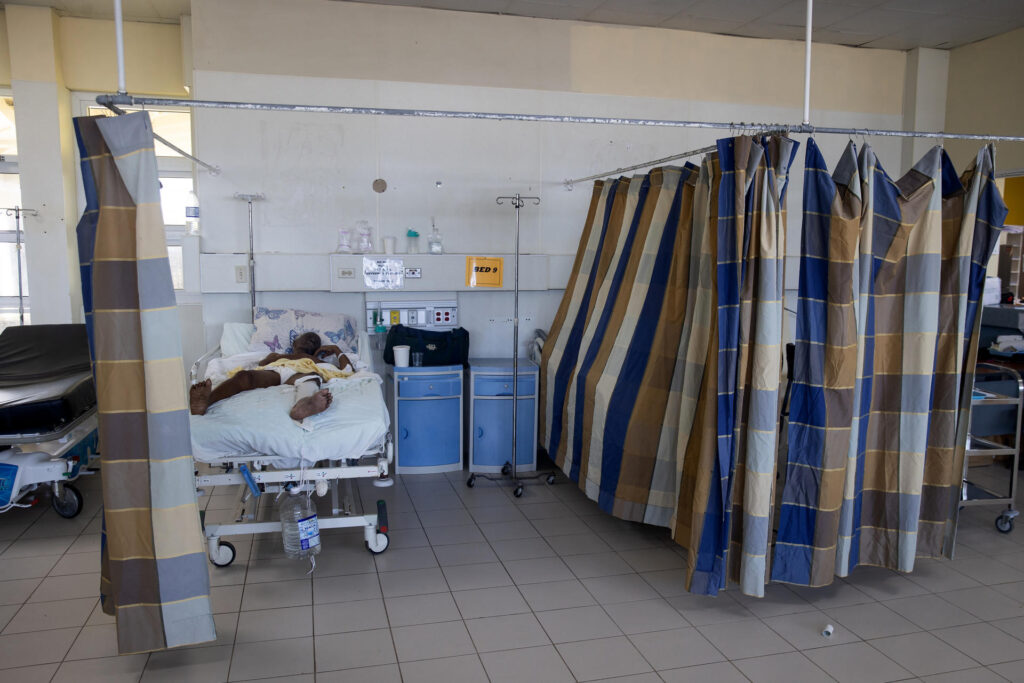
Volunteers in Sync With Jamaican Teams
Among the volunteers is pediatrician Elena Gil, who took unpaid leave from her hospital in Laredo, Spain, to join the mission. She’s worked in earthquake zones and jungle clinics, but Melissa’s aftermath is a different kind of chaos. “We’re here to support colleagues who are saturated because their hospital is damaged,” she told EFE. “The START team is beautiful because it unites the whole health system. We come from all over Spain, but we work in unison. We haven’t worked together before, yet we know how to work together.“
That cohesion is crucial because the needs are constant. A pregnant woman arrives mid-contraction. A child with pneumonia coughs in his father’s arms. A diabetic man hobbles in with an infected wound that needs debridement before it spreads. Without the field hospital, those patients would have had to travel 40 miles to Montego Bay. Now, surgeons operate, pediatricians monitor vital signs, and psychologists tend to quieter wounds, panic attacks, nightmares, and the flash of dread when sheet metal rustles in the wind.
Melissa’s destruction left at least 32 people dead and billions in losses. Each story at the START hospital feels like a minor correction to that ledger. “We can’t undo the storm,” Gil said softly. “But we can make sure it doesn’t take more lives than it already has.”
Beyond Triage: Recovery and the Next Storm
Falmouth isn’t the only town patched with tents. Another field hospital, staffed by American teams, operates in Black River, Saint Elizabeth parish. Together, they form a temporary spine for Jamaica’s fractured health system. In Falmouth, the Spanish tents stand as both a lifeline and a lesson: resilience is not a slogan; it’s an operational schedule that runs on time.
Residents know the tents are temporary, but their impact is tangible. A mother delivers safely without being driven through rain-soaked hills. A roofer with a deep cut keeps his arm. A grandmother gets her blood pressure checked without crossing parish lines. “It’s not just medicine, it’s hope,” said nurse Andrea Smith, adjusting an IV line.
The next task is more complex: learning from Melissa. Can Jamaica decentralize outpatient care so the next storm doesn’t paralyze entire parishes? Can backup power and clean water reach every clinic before the next hurricane season? For now, the answers are practical and human. A Spanish firefighter teaches a Jamaican technician how to angle a floodlight during a nighttime surgery. A cook serves soup to nurses who haven’t eaten since dawn.
By December, when the START team is scheduled to rotate home, the local hospital will begin the long process of rebuilding, tarping, rewiring, and waterproofing. But something larger has already been restored. The field hospital hums through the night, its generators steady, its wards glowing white in the dark hills above the sea. It’s a promise written in light: health care did not blow away with the roof.
“We are not here to replace anyone,” Sigüenza told EFE. “We are here to stand beside them until their hospital breathes again.“
And as the first new babies born under the Spanish tents blink in the morning sun, Falmouth has proof that the pulse of care, paused but not lost, has returned.
Also Read: The Tornado That Stole Time from Rio Bonito do Iguaçu


